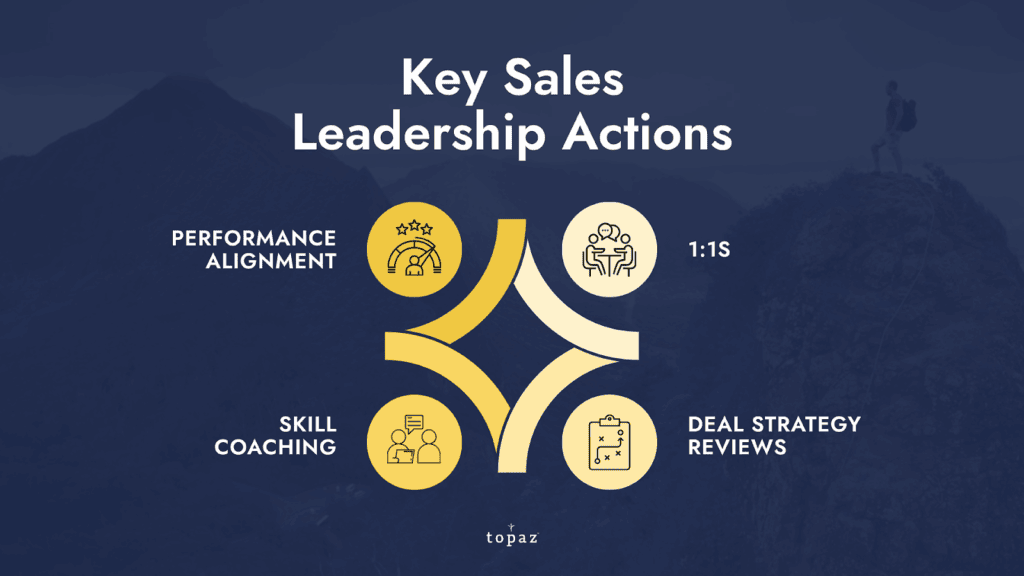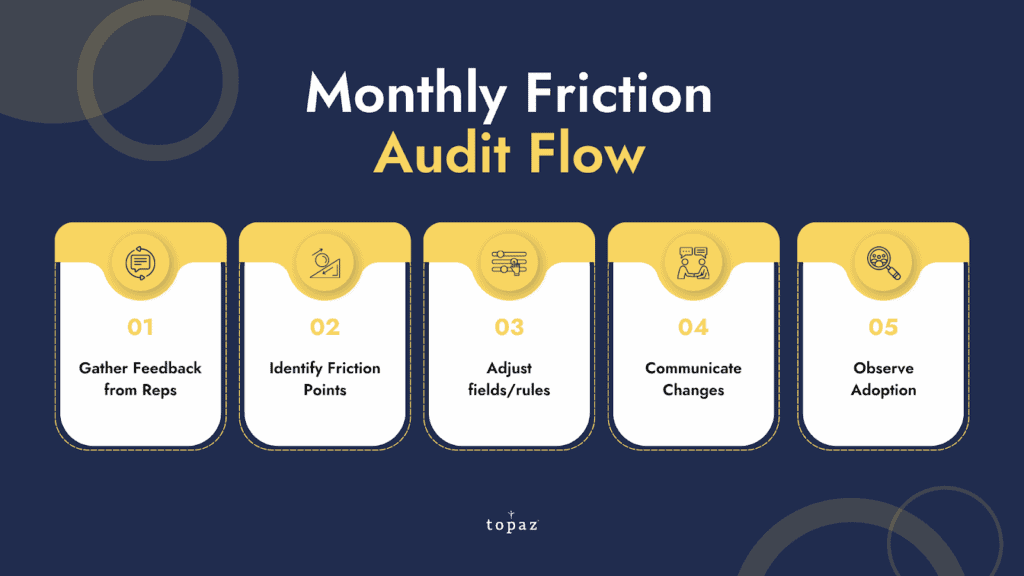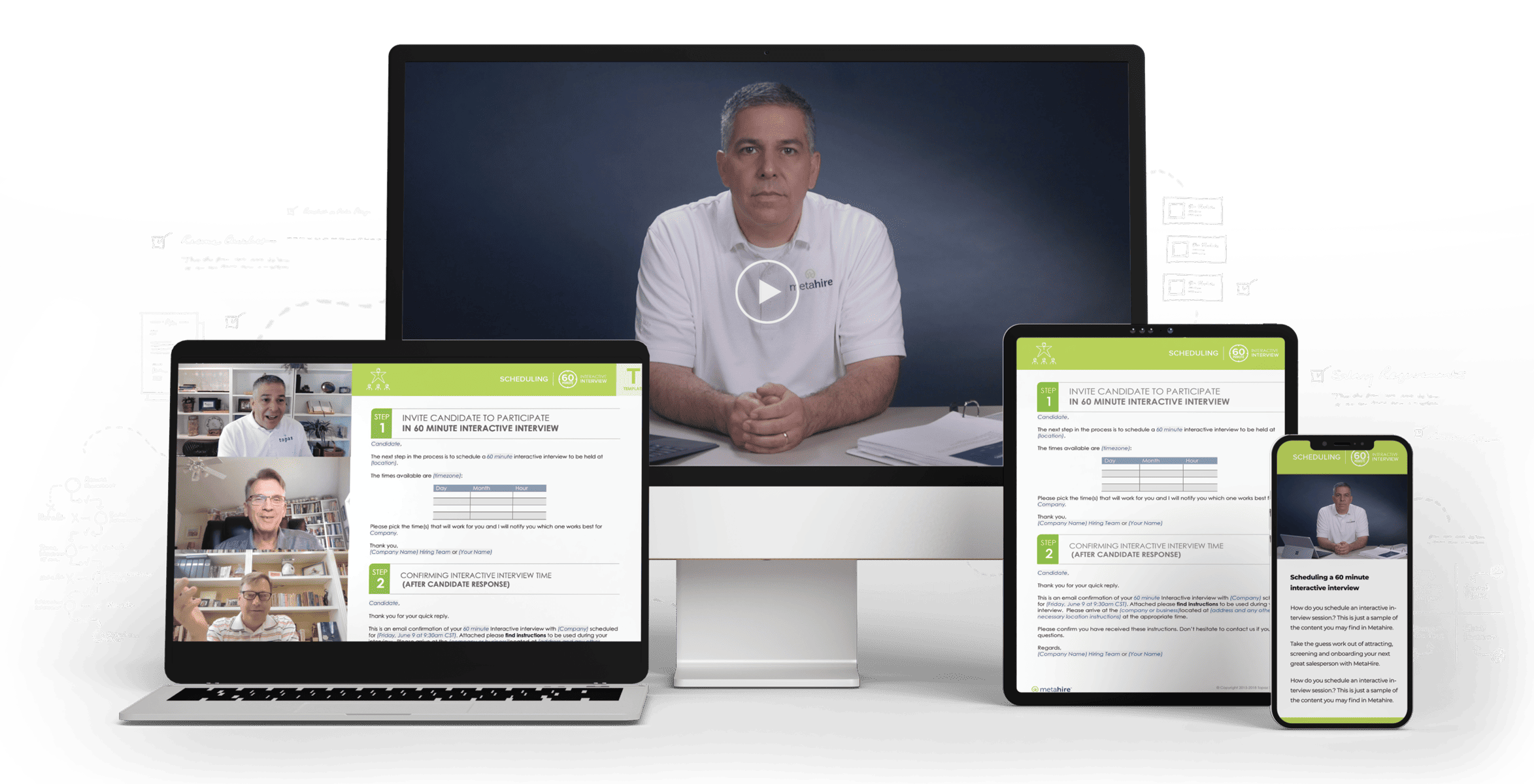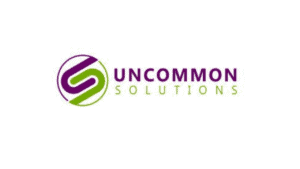Sales Operations Consulting Starts Here: Hiring, Training, Leadership, and the Systems That Make Growth Repeatable
Do you know what the worst sales teams do these days?
They’re always on the lookout for the latest tools and shiny toys, like CRMs and automations.
Your team isn’t doing this, is it?
Yikes!
If you’ve found yourself to be a victim of “shiny object” syndrome, then there’s a chance that your new tech and platforms have done little to move the needle in your sales numbers, coaching results, and deal quality. And in an attempt to fix everything, you’ve likely sought sales operations consulting.
But here’s the scoop:
Sales operations consulting won’t be much help if you haven’t taken care of your foundation. And by “your foundation,” we’re talking about your teams, how you coach them (whether they sell differently or not), your systems, and, most importantly, your hiring.
Don’t worry. We’re giving you the tried-and-tested Topaz tricks of the trade to turn your sales team and process into the epitome of coachability, consistency, communication, and leadership. While we’re not formally “sales operations consultants,” just about everything we do impacts how you manage and operate your sales team. So let’s dive in!
Why “Sales Operations Consulting” Often Misses the Real Bottleneck
Sure, sales consulting can solve a bunch of problems, but make no mistake:
It is hardly a silver bullet for everything that could be wrong with your sales operations. And you’re plugging growing wall cracks with Scotch tape if you’re putting your faith in it, alongside a shiny new CRM or tech stack.
You see, it doesn’t matter how organized or “AI-powered” your dashboards, tools, or CRMs are. Nor will you see a noticeable difference if you hire the “best sales operations consulting” firm for your team. Unless you’ve done the deep work with your team, you’ll be stuck where you are.
We believe in one thing:
Success comes when you align your team, your expectations, and how you train and coach them. When all these proverbial stars “align,” then and only then will you see improvements in your sales numbers, team competence, and the quality of your prospects.
In short, your sales operation’s North Star should be good, consistent, and trackable sales behavior — because no amount of tech stacking or sales operations consulting can substitute it.
Hire for the System You Want, Not the Chaos You Have
Do you know what one of the biggest myths in sales hiring is? That charisma closes deals.
We’re sorry to break it to you, but it doesn’t (at least, not for long).
Most sales teams hire based on what’s on a resume, not on “fit.” If you’ve been in the game for a while now, you may have hired someone just because they seemed like a closer or because “they crushed a quota at their last job.”
These reasons are fine, but they’re hardly a guarantee that you’ll find the right people for your team.
Stop Hiring for the Performance

Being a “high-performer” looks great on paper, but this quality often comes at the expense of curiosity, coachability, and adaptability — all the qualities that make a top-notch rep.
So, instead of hiring based on performative metrics, evaluate your potential hires based on their ability to listen, handle feedback, and adapt. After all, these qualities compound. Bravado doesn’t.
Build a Scorecard That Actually Means Something
Hiring “on gut” is a surefire way to ensure your team stays mediocre, and you shouldn’t tolerate mediocrity on your sales team. Instead, you need a scorecard that matches how your team sells and how your buyers buy.
The traits and behaviors shown by potential hires (from discovery to follow-up and negotiation) are key. Weigh candidates on these, and you’ll stop gambling with headcount.
Run the Interview Like You Run a Deal
Your interview should feel like a controlled discovery call because it’s when you should:
- Ask questions that test how candidates think on the fly
- See how they handle curveballs
- Notice if they ask about the position or just the quota
By the end, you’ll be in a better spot to see whether they can sell in your environment or just talk about it.
How Your Hiring Ties to Sales Operations Consulting
Solid hiring gives you cleaner data, steadier forecasts, and fewer pipeline surprises. Get your people right first, and your systems will make better sense. It’s that simple.
Leadership Cadence Beats Tool Cadence
If your numbers are lagging, the problem may not be your tools. Besides your people (hence hiring), your leadership may be something worth looking into.
And when it comes to leveling up your sales leadership game, here’s what you need to do.
Be a Coach, Not a Cop
There’s no point in breathing down anybody’s neck if your numbers aren’t where they need to be. Instead of cracking your quota whip, ask your sales team members questions that expose areas for improvement.
Trust us:
It beats waving fingers and issuing orders from dashboards or spreadsheets!
Build a Weekly Rhythm That Matters

Every week, check in with your team. During your weekly meetings, the following are a must:
- 1:1s: Focus on mindset, skill, and personal metrics. No distractions, no multitasking.
- Deal strategy reviews: It’s always a good idea to look at a live deal together. When you do, ask what’s blocking it (not who to blame).
- Skill coaching: Use real call recordings. “Best practices” without real-world examples are about as useless as a solar-powered flashlight.
The more predictable your processes and rhythms, the better. The predictability eliminates fatigue, and the reliable data means you won’t be playing whack-a-mole with the forecasts.
And let’s not forget clearer buyer signals and fewer fires for you to put out.
Systems Create Consistency, Consistency Creates Trust
There’s a fine line between “system” and “software.” Confuse the two, and you’ll end up with messy data and confused reps.
A system is the structure that keeps behavior consistent. It includes everything, from how buyer stages are defined to how (and when) updates should happen. How you acknowledge and incentivize positive rep behavior should also be part of your rules.
Think of it as the thing that governs your team’s behavior, even when nobody is watching.
Start With the Basics
Progress needs a standard, which can mean different things to different teams. So, write down stage exit criteria, decide precisely what qualifies as an SQL, and set one rule for documenting the next step after every conversation.
At the very least, you should also have:
- Clear stage definitions everyone can recite
- Next steps required on every opp
- Weekly pipeline hygiene rhythms
- A single source of truth for terms and metrics
KISS: Keep It (Your Governance) Super Simple
Have too many standards and guidelines in place, and you’re in for a world of headaches as your reps will find ways to cut corners. So, keep your policies and governance lean. The simpler the rules, the more likely they’ll be followed.
Ongoing Training: The Engine That Makes Ops Work
There’s a clear continuity between your sales hiring process and setting standards. But what if your teams still aren’t performing the way you want them to? This situation highlights the importance of ongoing training.
Training should be regular and continuous because it reinforces and improves the sales behaviors you (and your buyers) want to see. Whether it’s quarterly or monthly, your sales training should be frequent enough for your reps to retain knowledge and skills but comprehensive enough to cover:
- Discovery
- Objection handling
- Follow-up planning
As a sales leader or manager, you should translate the desired behavioral outcomes from training into workflows and standards.
You’re also responsible for keeping improvements steady by any means necessary. And if that means reaching out to us for sales training, then so be it!
Communication Loops: From the Field to the Dashboard and Back

Feedback is essential to the improvement of your sales operations, but guess what?
It only works if it’s a two-way street.
When it comes to communication, your managers and ops hold one piece of the puzzle. Your reps hold the others (and a larger portion, at that).
When there’s reciprocal communication, the loop closes, and your sales system stays alive.
Start with a monthly friction audit where you sit down with the people who use the system every day and ask what slows them down. The idea is to:
- See where your reps get bogged down
- Zero in on one area
- Coach them up to that one improvement in a month
The adjustments should be visible and deliberate. When you change a field, retire a metric, or rewrite a rule, explain why. After all, your reps will be more likely to adopt what they understand. Quiet changes erode trust, whereas transparent ones build it.
Progress Over Perfection: Measure What Improves Behavior
When you’re working on improving your sales operations and your team, there will be a lot of data, and understandably so. But the mistake you can make as a sales leader is drowning in it.
You don’t need to measure everything. Instead, zero in on a few indicators that show your team’s performance. These beat vanity numbers any day of the week.
Stage conversion, next-step adherence, time in stage, and forecast accuracy are enough to show whether habits are sticking. Each one reflects behavior you can coach. And anything beyond that is white noise.
The magic happens when you focus on improving just one thing per month. It’s as the saying goes:
“Chase too many rabbits, and you’ll go home hungry.”
Once you decide what to improve, sales operations consulting can make a huge difference. With the analytics and insights from consulting, your coaching is supported, resulting in better sales rep behavior.
And when behavior improves, performance follows.
When To Bring in Sales Operations Consulting, and What To Ask For
When do you call in the pros?
The best time to call a sales ops consultant isn’t when things have already gone South. Rather, you should call one (or should we say “us?”) when you’ve gotten the basics down to a science and growth starts to strain your system.
And once again, the basics are covered once you’ve got:
- A hiring profile that fits your sales motion
- Managers who coach regularly
- Shared definitions that keep your crew cohesive
Your consultant steps in to focus on the structure that keeps your sales operations running. That means process mapping to capture how your team actually sells, data design that reflects your pipeline stages, and stack rationalization to remove overlapping tools.
Hiring a consultant can be as tricky as hiring new team members. Before you decide on one, ask:
- Will they document behavior before building automations?
- Do they understand how buyer facilitation drives your process?
- Will they leave you with a system your team can run without constant support?
Quick-Start 30-Day Plan
If you want momentum without the overwhelm, start small and stay consistent.
These four weeks will be the foundation for a cleaner and more predictable sales operation. Each week marks a step, and as you’ll see, each connects people, process, and accountability.
And here’s the best part:
There’s no big overhaul required.
- Week 1: Define stage exit criteria and next-step standard: A shared definition of progress keeps deals moving cleanly through the pipeline.
- Week 2: Institute weekly 1:1s and pipeline hygiene: This is where consistency starts to take shape. Managers set tempo; reps follow it.
- Week 3: Run a friction audit and remove one unused field or tool: Most systems are cluttered with relics that slow people down. Clear one and watch adoption improve.
- Week 4: Manager role-practice on discovery and objection handling, then align CRM fields to what you actually coach: The system should mirror behavior, not theory. Alignment makes the process sustainable.
Build the People System, Then Optimize the Ops System
If there’s one thing worth taking away, it’s this:
Sales operations consulting is a lot like a polisher, and your sales operation and team is a rock. Consulting rubs against the structure of your team to reveal the diamond trapped within it. What it can’t do is work miracles and create a high-performance operation where there isn’t any.
So, before you go for the next shiny dashboard, CRM, tool, or training, take a look at your operation’s foundation — your system, the team, and how you hire and coach.
Dial these in, and sales operations consulting will be the force multiplier you need it to be.
FAQs
1. How is sales operations consulting different from traditional sales training?
Sales operations consulting builds the structure that supports training. It focuses on systems, data, and repeatability, while training sharpens individual behavior. Both matter, but ops consulting ensures those new habits stick across the team.
2. When is the wrong time to bring in a consultant?
When the basics aren’t set. If you don’t have consistent hiring, coaching, and definitions, a consultant will only expose those gaps — not fix them.
3. What does a healthy sales operation look like?
It runs on rhythm, not reaction.
Also, hiring is planned and follows a process. Meanwhile, managers coach regularly, definitions stay consistent, and data reflects what’s real.
When these pieces hold steady, performance becomes predictable.






